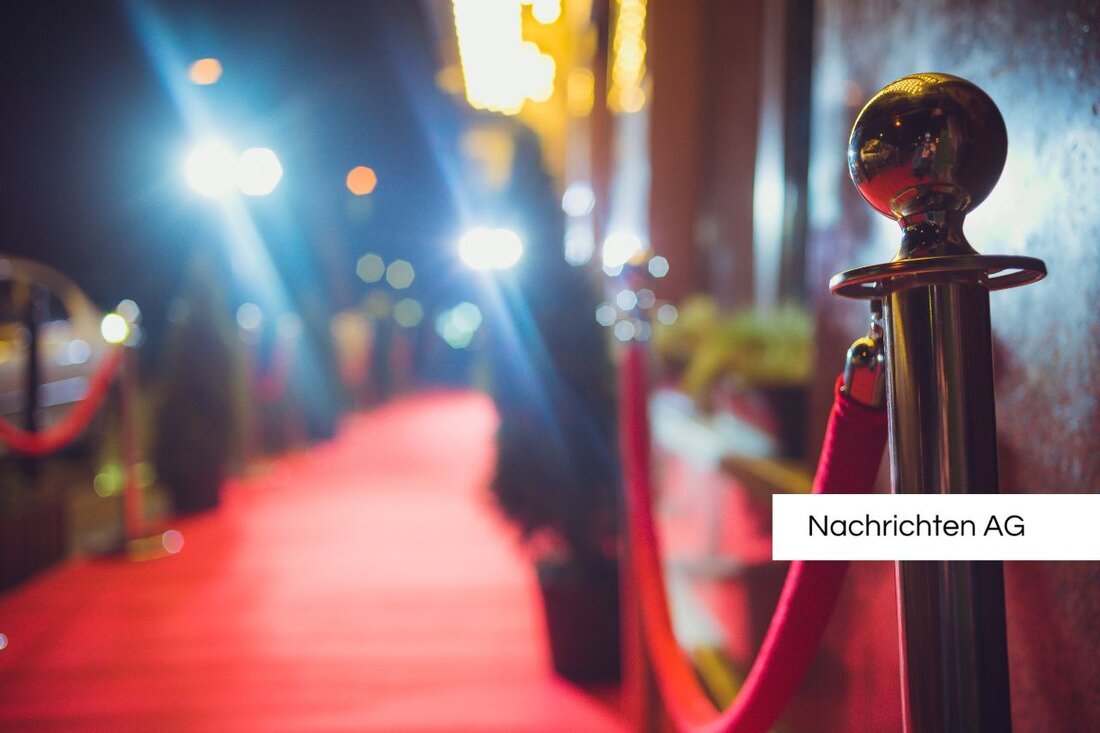Abba star Björn Ulvaeus uses Ki for new musical-a creative change!
Abba star Björn Ulvaeus uses Ki for new musical-a creative change!
The legendary ABBA composer Björn Ulvaeus works on an exciting new musical that is developed with the help of artificial intelligence (AI). During a lecture at the SXSW Festival in London, the 80-year-old expressed his enthusiasm for the possibilities that this technology offers in the creative process. He has already progressed to "three quarters" with the letter from the successor to the successful hologram concert series "Abba Voyage". Ulvaeus described Ki as "a great tool" and as a "expansion of your mind" and underlined the advantages that result from access to ideas that one had not previously thought of. Nevertheless, he also warns of the restrictions: when writing complete songs and texts, the technology is "lousy" and can only support it to a limited extent.
Ulvaeus uses AI-based songwriting tools to overcome creative blockages. One aspect that he particularly appreciates is the ability of the AI to make suggestions for expanding already written texts. This shows that he does not consider the technology as a threat, but as a valuable partner in his creative creative process. This innovative approach to songwriting is supplemented by its past with technologies such as the Minimoog synthesizer and digital recording devices. He emphasizes that he is always ready to try new things to keep his creativity in old age.
The challenges of AI in the music industry
Despite the positive aspects, Ulvaeus points out the "existential challenges" that AI brings with it for the music industry. He is President of CISAC, an organization that campaigns for the concerns of songwriters and composers worldwide. The CISAC has published reports on the use of AI in the music in which it is predicted that music creators could lose almost a quarter of their income to AI by 2028. This leads to an urgent discussion about the protection of copyrights in a changing landscape.
The use of AI in music production is controversial. Prominent artists such as Dua Lipa and Paul McCartney demand more protection for the rights of artists in an open letter to the Prime Minister. AI generated music could violate existing copyrights and endanger the recognition of creative achievements. The challenge is to create clear legal guidelines for the protection of creative work and at the same time not to hinder technological progress.
dynamic adaptation of legislation
With the integration of AI into the music industry, new perspectives open up, but artists and rights holders must ensure that their works are effectively protected. Many artists see the need for a balance between the advantages that the technology offers and the protection of their rights. At the same time, the AI also leaves questions regarding copyright ownership of AI generated content, because the question arises whether this belongs to the developer or the user.
The developments that Ulvaeus drives could be pioneering for the future of music production. With the possibility of redefining creativity, he shows that the use of AI in music has both challenges and opportunities. Against this background, it remains to be seen how the industry reacts and what legal framework is created in order to protect the rights of the artists.
For more information on this topic, the complete articles on tz.de, it-boltwise.de and Kanzlei-herfurtner.de
| Details | |
|---|---|
| Ort | London, Großbritannien |
| Quellen | |


Kommentare (0)